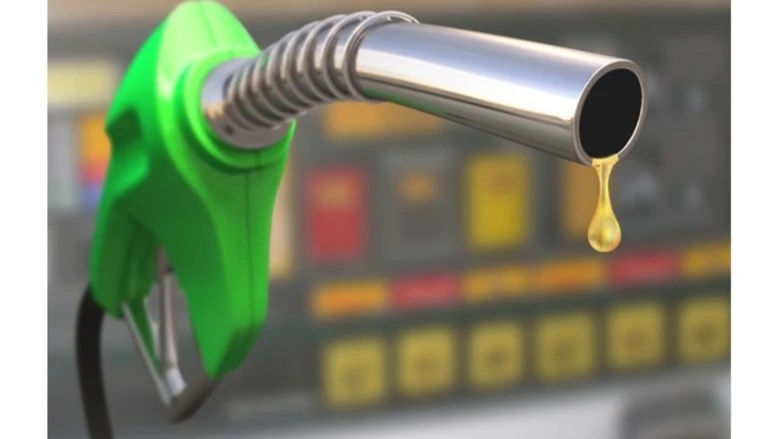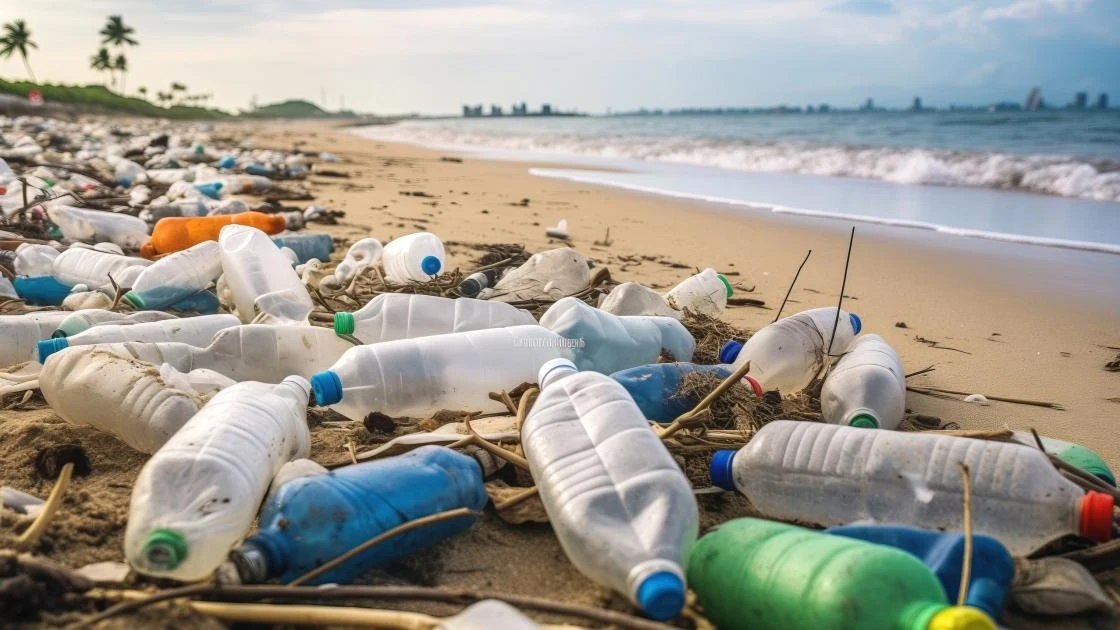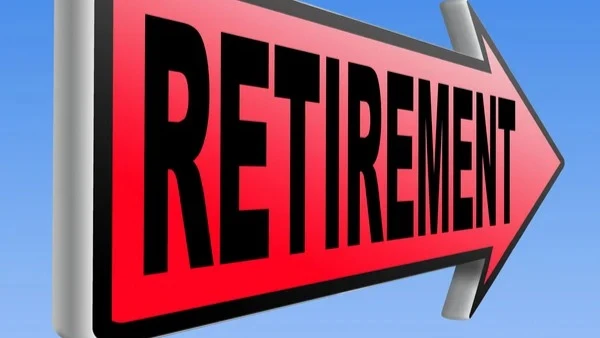End to use of diesel, petrol in vehicles: Let us auction oil and gas blocks faster

A CERTAIN amount of hype is being raised around the fact that the government is set to auction 26 petroleum exploration blocks in our country’s fifth licensing round set for March next year.
Since the presence of sedimentary rocks bearing oil and/or natural gas has been known for half a century and commercial gas production dates back at least to 2013, just why the auctioning has not materialised is unsettling.
The question is whether the mindset characterising this pace of the planned move is still valid, or it could be overtaken by time.
Just how close to the reality a ministerial deputy permanent secretary was in presenting this plan at an African Energy Week conference in Cape Town is not something one expects to be debated in local policy-making circles or among development observers.
Yet what basically colours many gatherings of an international character at the moment when it comes to energy is widening opportunities for renewable energy.
For instance, there is a plan to scrap the use of petrol or diesel in vehicles by 2035 in parts of Europe, meanwhile as the manufacturing of electric vehicles is moving at a fast pace in various parts of the world right now.
What this implies is that, just like coal, oil and natural gas are rapidly diminishing in their allure as a future prospect and when investment is being conducted, the timeframe for offsetting the costs and making a justifiable profit for sinking the capital is reduced.
With stable use of routine fuels in private and public vehicular transport all over the world, a company could give itself even 20 years to claw back the capital it used and expect that its shares would be rising all the time. This is not the case at present as oil and gas investments become opportunistic.
That is what policy makers don’t appear to grasp: that they ought to be in a hurry to dispose of any oil or gas blocks they still hold so that they are picked off at acceptable terms before more fuel consumption graphs shrink rapidly.
There is no apparent likelihood or impression that Tanzania’s delegation to the Cape Town event was feeling a sense of urgency, just as has applied previously – while the world is changing in its fossil fuels transition. The world has been changing more rapidly since 2021 – and the climate emergency is there for all of us to witness.
We hear that a total of 23 blocks are located offshore in the Indian Ocean, while three are within Lake Tanganyika.
Such locations evidently require exceptionally huge amounts of capital relative to onshore blocks, if we had any. And it is an additional factor explaining why these potential investment spots ought to have been auctioned off a long time ago.
In that we are this late, we ought to draw up taxation levels that are consonant with profit expectations for a company that is vividly in a hurry.
That does not appear to have been on the mind of those making the exploration licensing round in Cape Town.
While there are indeed changes in the regulatory environment, talking about model production sharing agreements at the moment is potentially risky. It prolongs the timeframe a company has to observe as regards its share value, exposed to waning interest in oil and gas.
Regulators take it that our interest in natural gas is globally harmonious. While it is subject to debate what our take of this is, it is important that we move with as much caution – and as knowledgeably – as we can.
Top Headlines
© 2024 IPPMEDIA.COM. ALL RIGHTS RESERVED

















